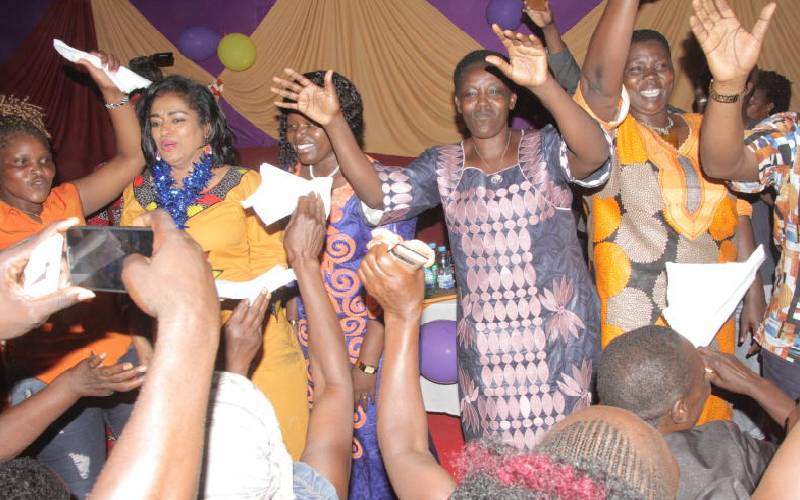×
The Standard e-Paper
Stay Informed, Even Offline

The Private Public Partnership (PPP) is a prudent concept that has played a leading role in the economic, political and social development of our country.
The PPPs have come with many benefits and great impact in Kenya because they have built a bridge to fill in the resource gap on the part of the government.